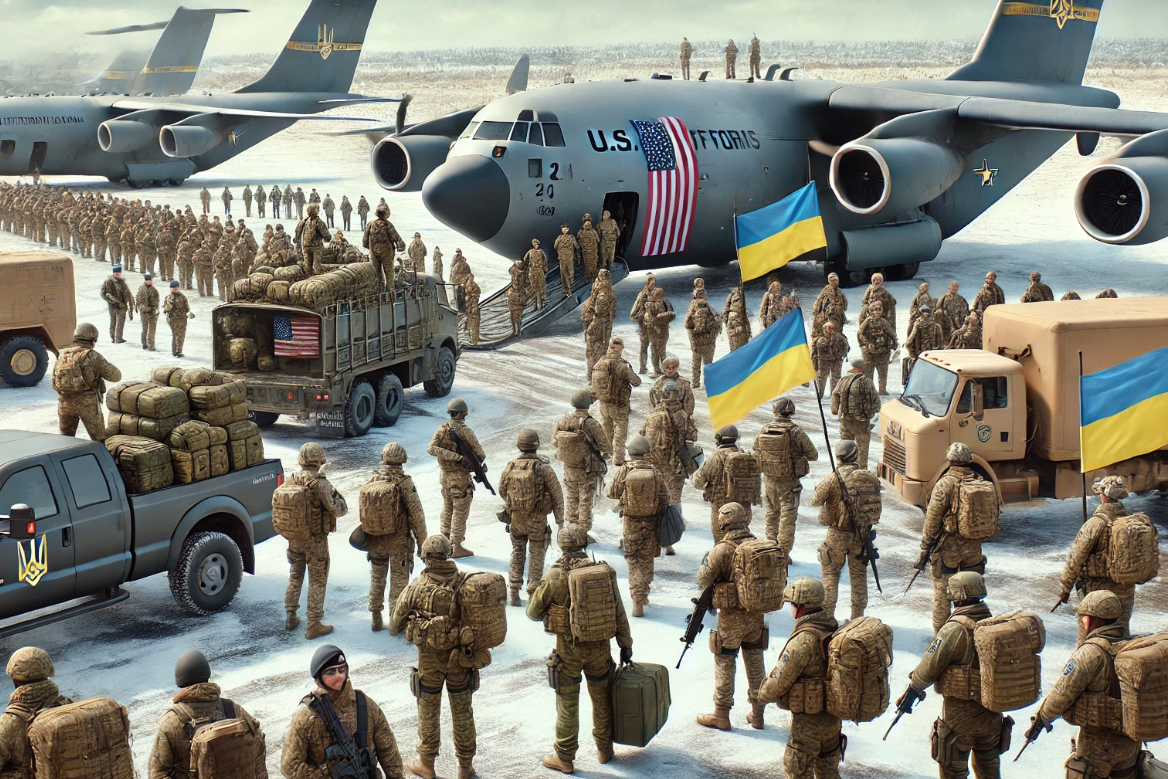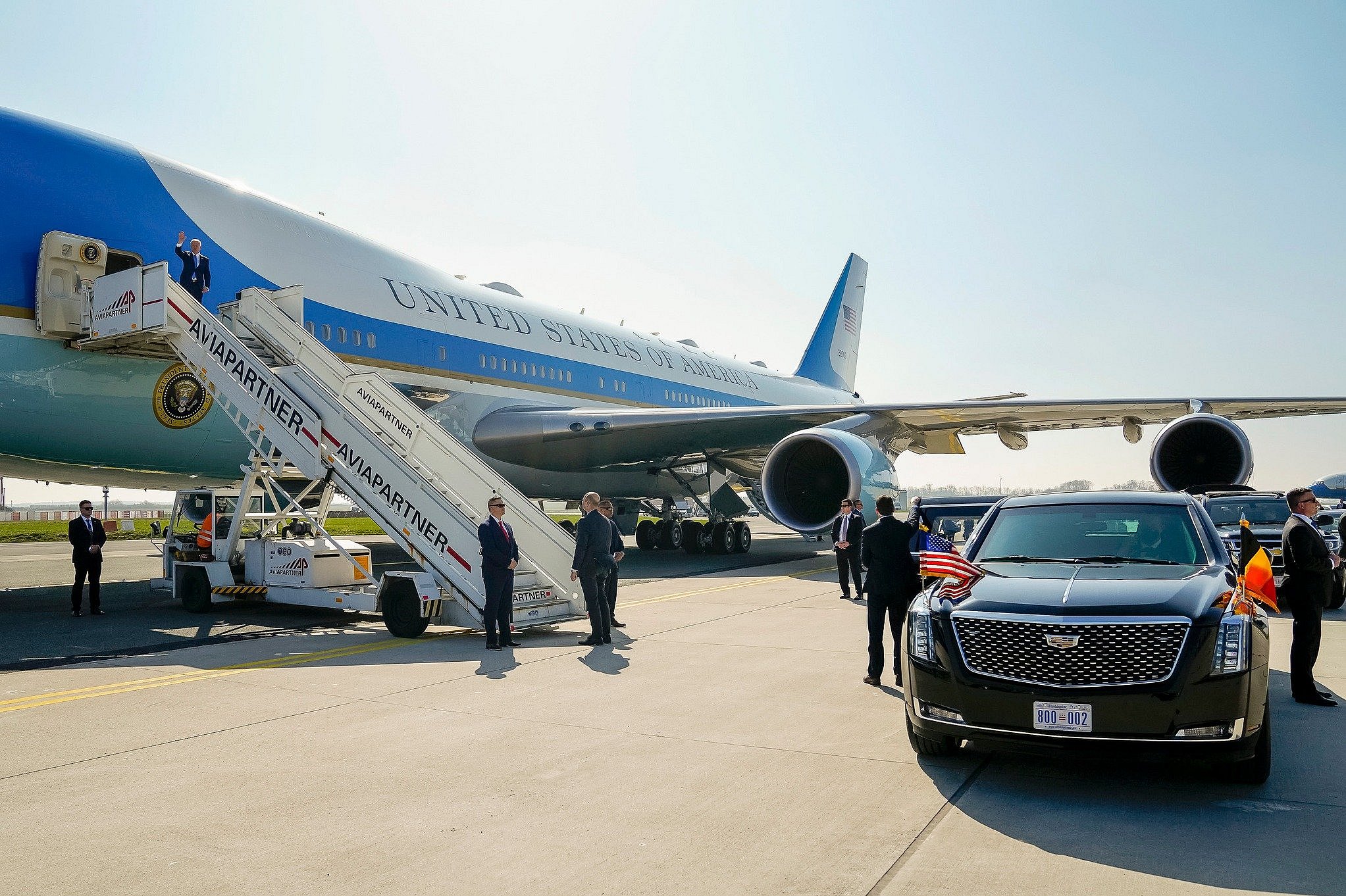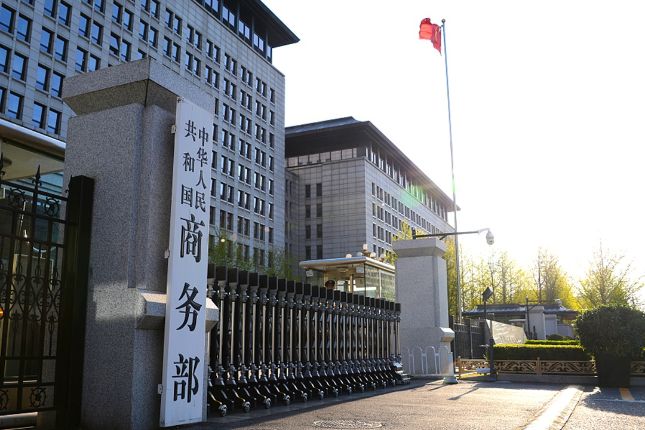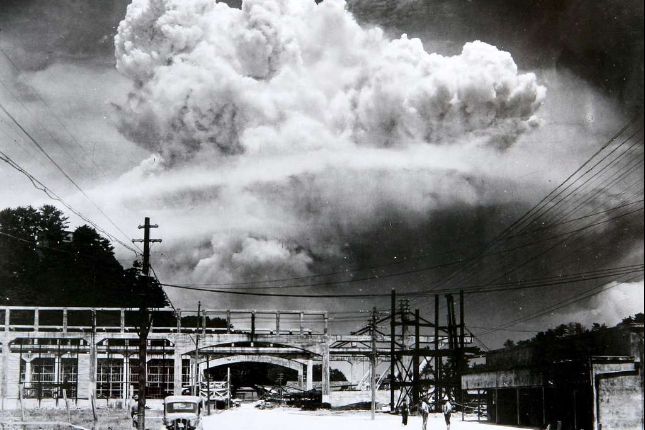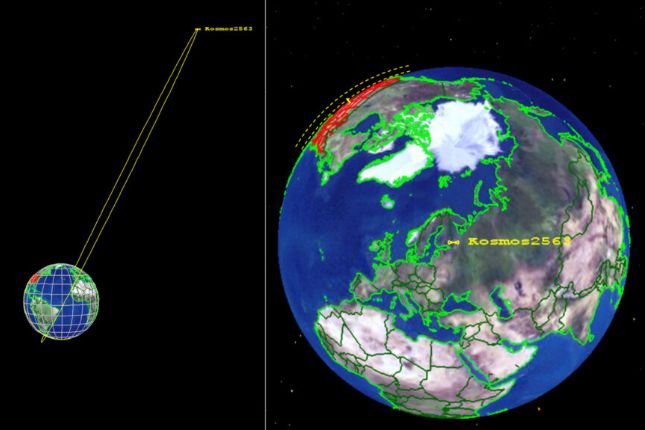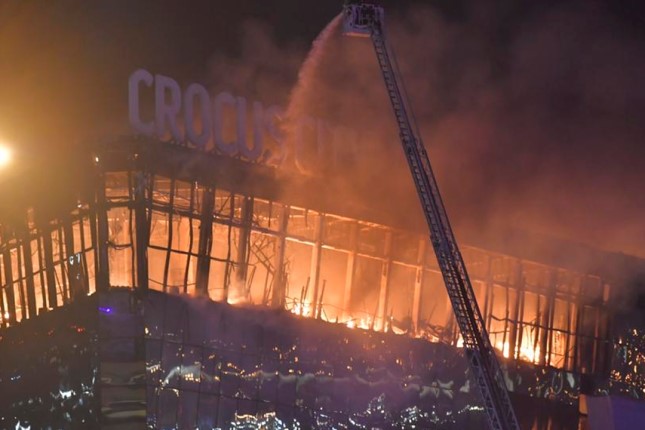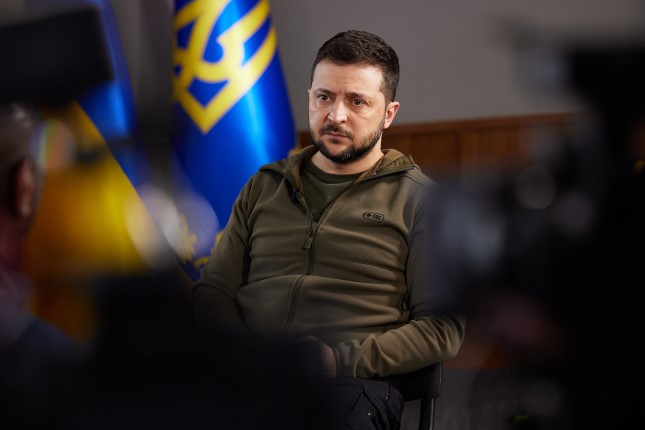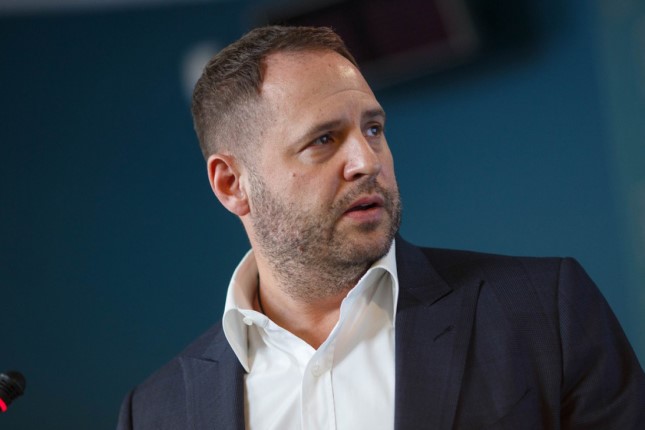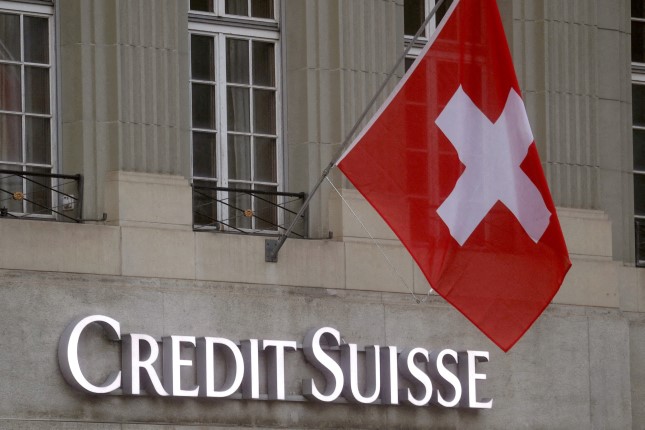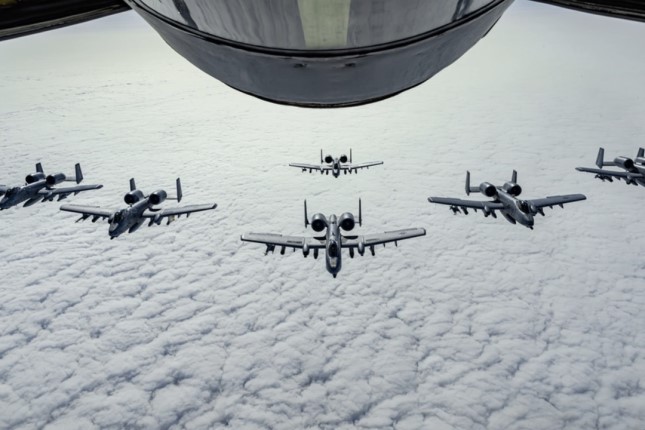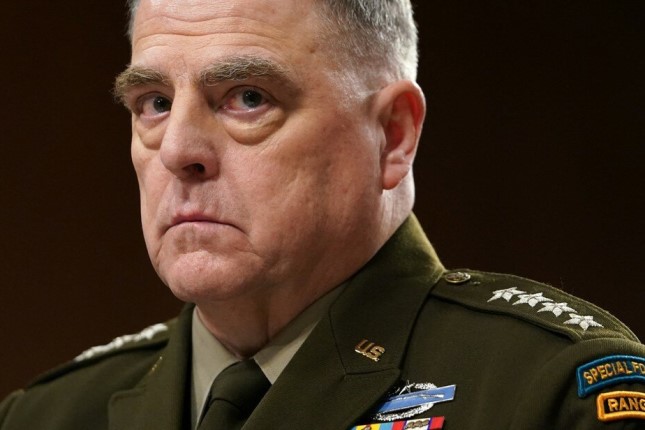The key question is not whether an eventual peace accord ending the fighting in Ukraine will require Kyiv to accept Moscow’s continued possession of Crimea and at least a portion of Ukraine’s Donbas region. Anyone with a modicum of realism understands that such territorial concessions are unavoidable if the bloody war of attrition is to end. The real issue involves the demand of Ukraine and of its fan club in NATO that Kyiv be given “security guarantees” in exchange for accepting that reality. Agreeing to such an open-ended commitment could ultimately prove fatal to the United States.
Trump has attempted to steer a middle course to accommodate the competing demands and extricate Washington from its entanglement in NATO’s dangerous proxy war using Ukraine as a weapon against Russia. He has told Ukraine leader Volodymyr Zelensky repeatedly that his country must at least make some territorial concessions – especially Crimea. Trump also has indicated that Ukraine must give up its aspirations for official NATO membership. However, he has been receptive to endorsing vaguely conceived security commitments to shield Ukraine from any further coercion by Russia.
Extending a U.S. security guarantee to Kyiv could take two forms – both of them bad from the standpoint of America’s genuine interests and well-being. One version could consist of pledges from individual European NATO powers – especially major players such as Great Britain, France, Germany, Poland, and Turkey–as well as the United States to enforce a peace accord between Kyiv and Moscow. Another equally dangerous option would be to establish an explicit pledge from NATO as an alliance to come to Ukraine’s defense if it is the victim of renewed aggression from Russia. In essence, that move would make Ukraine a de facto NATO member, even though Kyiv apparently would not have the right accorded to formal members to vote on Alliance decisions. Any version of a security guarantee also is almost certain to include a peacekeeping contingent to enforce a ceasefire or a full-blown peace agreement. However, Russian leaders insist that such a deployment must never take place without Moscow’s explicit consent.
Unfortunately, the Western powers may seek to implement the scheme of deploying peacekeeping troops along with a robust NATO security guarantee to Kyiv in defiance of Moscow’s wishes. NATO countries have already blurred and expanded the security pledge contained in Article 5 of the North Atlantic Treaty to consider an attack on any Alliance member to be an attack on all members and to provide aid to the victim. Since Russia’s expanded military operations in Ukraine began in February 2022, the United States and other key NATO nations have treated Ukraine as though it were already an integral part of the alliance.
Article 5 does not require a member to launch retaliatory military strikes against the aggressor or even to provide weaponry to the alliance signatory under siege. Yet, the United States and other NATO countries have provided sophisticated weapons to Kyiv, including missiles and drones that it has used to strike targets deep inside Russia. NATO intelligence operatives also have assisted Ukrainian forces to conduct offensive operations against Russian targets. Finally, although the evidence is not definitive, the United States, Britain, Norway, and possibly Poland are prime suspects in the destruction of Russia’s Nord Stream natural gas pipeline.
Such actions were not only sufficient to fulfill any implied Article 5 obligation to an Alliance signatory, but also were outright acts of war against the Russian Federation. A new formal NATO security guarantee to Ukraine would have more symbolic than substantive significance, since Kyiv already is being treated as a member of the Alliance in most important respects. Nevertheless, Russian leaders and much of the world likely would view the move as an escalation of the West’s confrontation with Russia. That perception would be even more intense if NATO sought to station “peacekeeping” forces in Ukraine. Unfortunately, Trump reportedly has stated that if the European allies agree to deploy ground forces as peacekeepers in that country, Washington would be willing to protect those units with U.S. air power.
It would be hard to conceive of a more dangerous scenario than U.S. and Russian combat aircraft both operating in the skies over or near Ukraine. Americans who wish to keep their country out of yet another unnecessary war – this one against a country that has over 6,000 nuclear weapons – need to pressure the Trump administration to reject the bait of giving any type of U.S. security guarantee to Kyiv. Nothing in Ukraine warrants incurring such a risk. That country should not be regarded as even a secondary security or economic interest of the United States, much less a vital one. Incurring existential risks must be reserved solely for the defense of vital U.S. interests that cannot be protected in any other way.
If European members of NATO, individually or collectively, decide to provide a security pledge to Kyiv, Washington should at least distance itself from that obligation. U.S. leaders must make it emphatically clear that Article 5 of the North Atlantic Treaty will not apply if such a new commitment entangles those countries in an armed conflict with Russia. Better yet, U.S. leaders should use this episode as an opportunity to extricate the United States from NATO – an obsolete alliance designed nearly eight decades ago for a totally different geostrategic environment. Let the European powers handle their own security affairs and decide what level of risk they’re willing to incur. Prudent Americans should have no tolerance for any scheme that might cause their country to be dragged into the grave by a decaying Cold War era alliance trying to protect a third-rate authoritarian client.
Source: AntiWar.com.
